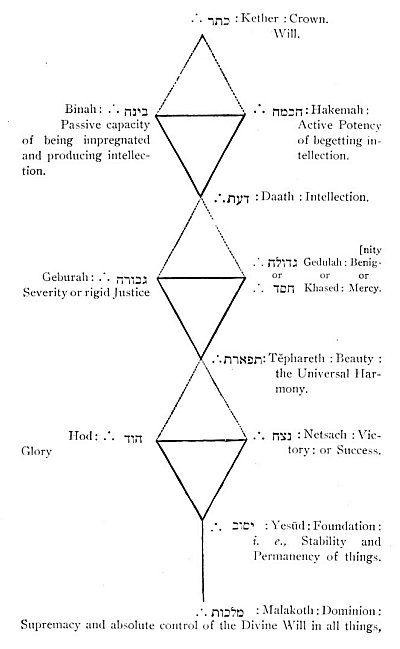p. 691
And at last reaching the highest truth, Pindar, Hesiod, Æschylus, Æsop, and Horace said, “All virtue is a struggle; life is not a scene of repose, but of energetic action. Suffering is but another name for the teaching of experience, appointed by Zeus himself, the giver of all understanding, to be the parent of instruction, the schoolmaster of life. He indeed put an end to the golden age; he gave venom to serpents and predacity to wolves; he shook the honey from the leaf, and stopped the flow of wine in the rivulets; he concealed the element of fire, and made the means of life scanty and precarious. But in all this his object was beneficent; it was not to destroy life, but to improve it. It was a blessing to man, not a curse, to be sentenced to earn his bread by the sweat of his brow; for nothing great or excellent is attainable without exertion; safe and easy virtues are prized neither by gods nor men; and the parsimoniousness of nature is justified by its powerful effect in rousing the dormant faculties, and forcing on mankind the invention of useful arts by means of meditation and thought.”
Ancient religious reformers pronounced the worship of “idols” to be the root of all evil; and there have been many iconoclasts in different ages of the world. The maxim still holds good; for the worship of idols, that is, of fanciful conceits, if not the source of all evil, is still the cause of much; and it prevails as extensively now as it ever did. Men are ever engaged in worshipping the picturesque fancies of their own imaginations.
Human wisdom must always be limited and incorrect; and even right opinion is only a something intermediate between ignorance and knowledge. The normal condition of man is that of progress. Philosophy is a kind of journey, ever learning, yet never arriving at the ideal perfection of truth. A Mason should, like the wise Socrates, assume the modest title of a “lover of wisdom”; for he must ever long after something more excellent than he possesses, something still beyond his reach, which he desires to make eternally his own.
Thus the philosophic sentiment came to be associated with the poetical and the religious, under the comprehensive name of Love. Before the birth of Philosophy, Love had received but scanty and inadequate homage. This mightiest and most ancient of gods, coeval with the existence of religion and of the world, had been
p. 692
indeed unconsciously felt, but had neither been worthily honored nor directly celebrated in hymn or pæn. In the old days of ignorance it could scarcely have been recognized. In order that it might exercise its proper influence over religion and philosophy, it was necessary that the God of Nature should cease to be a God of terrors, a personification of mere Power or arbitrary Will, a pure and stern Intelligence, an inflictor of evil, and an unrelenting Judge. The philosophy of Plato, in which this charge became forever established, was emphatically a mediation of Love. With him, the inspiration of Love first kindled the light of arts and imparted them to mankind; and not only the arts of mere existence, but the heavenly art of wisdom, which supports the Universe. It inspires high and generous deeds and noble self-devotion. Without it, neither State nor individual could do anything beautiful or great. Love is our best pilot, confederate, supporter, and saviour; the ornament and governor of all things human and divine; and he with divine harmony forever soothes the minds of men and gods.
Man is capable of a higher Love, which, marrying mind with mind and with the Universe, brings forth all that is noblest in his faculties, and lifts him beyond himself. This higher love is neither mortal nor immortal, but a power intermediate between the human and the Divine, filling up the mighty interval, and binding the Universe together. He is chief of those celestial emissaries who carry to the gods the prayers of men, and bring down to men the gifts of the gods. “He is forever poor, and far from being beautiful as mankind imagine, for he is squalid and withered; he flies low along the ground, is homeless and unsandalled; sleeping without covering before the doors and in the unsheltered streets, and possessing so far his mother’s nature as being ever the companion of want. Yet, sharing also that of his father, he is forever scheming to obtain things good and beautiful; he is fearless, vehement, and strong; always devising some new contrivance; strictly cautious and full of inventive. resource; a philosopher through his whole existence, a powerful enchanter, and a subtle sophist.”

Moe is the founder of GnosticWarrior.com. He is a father, husband, author, martial arts black belt, and an expert in Gnosticism, the occult, and esotericism.





